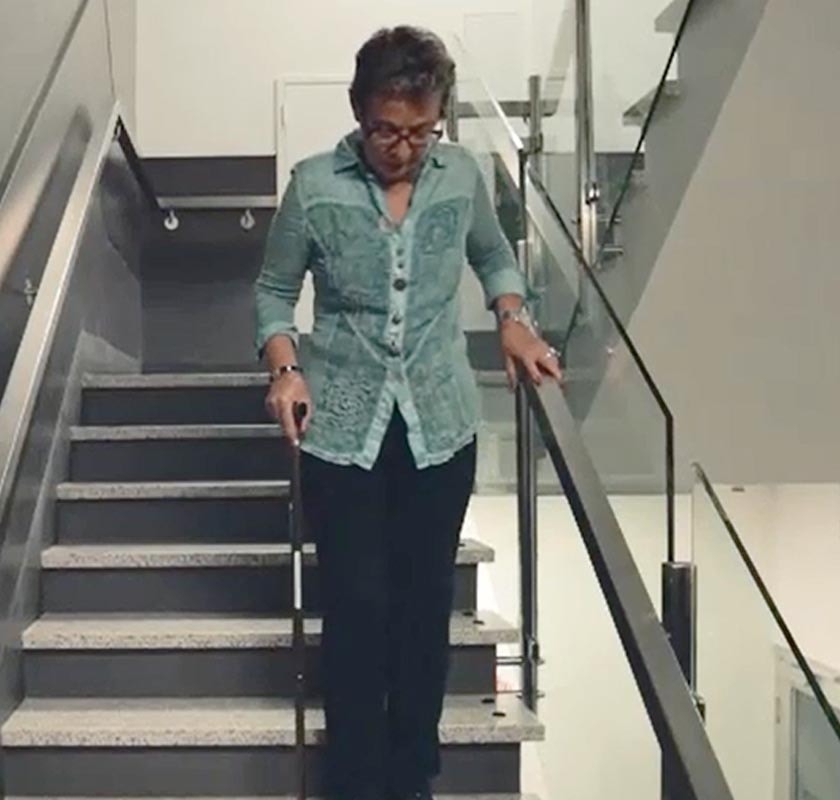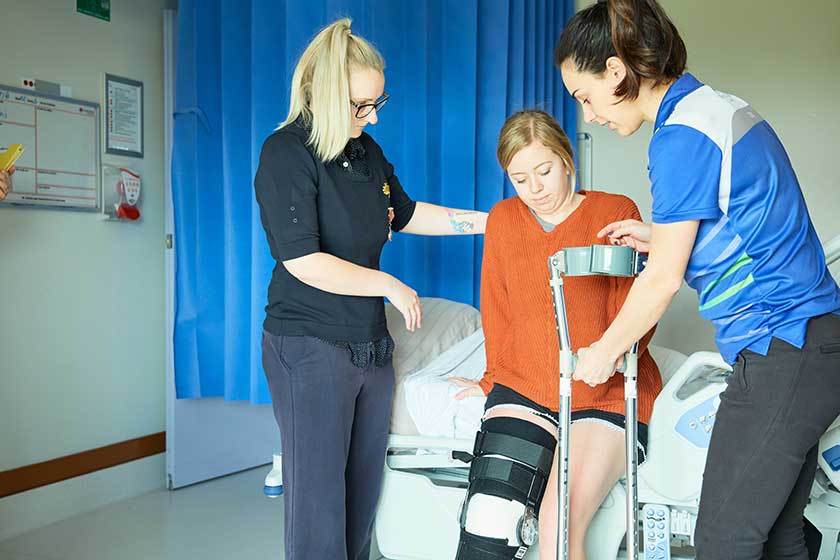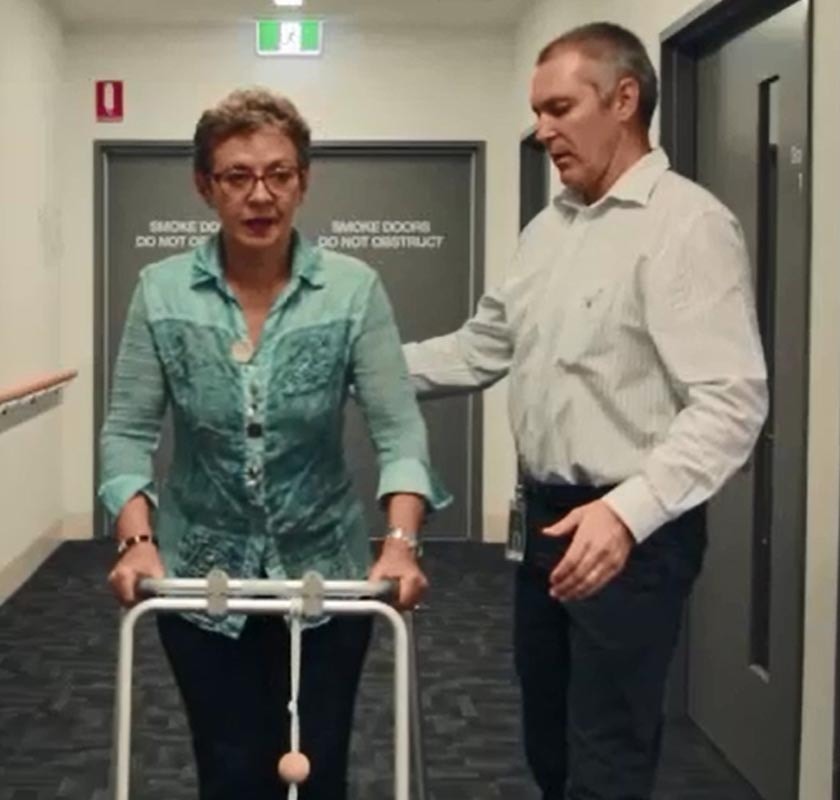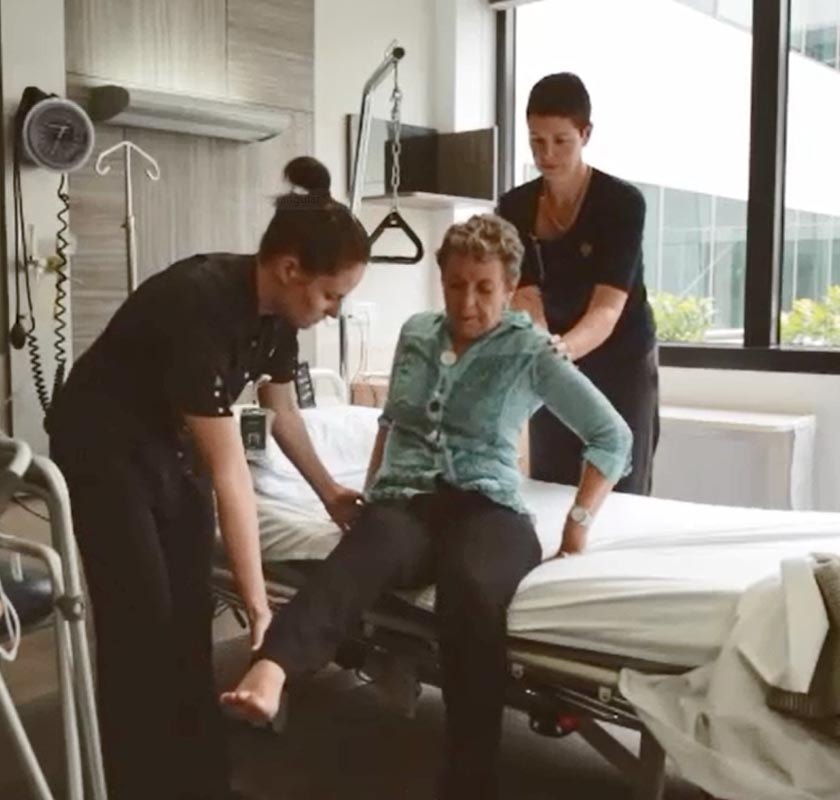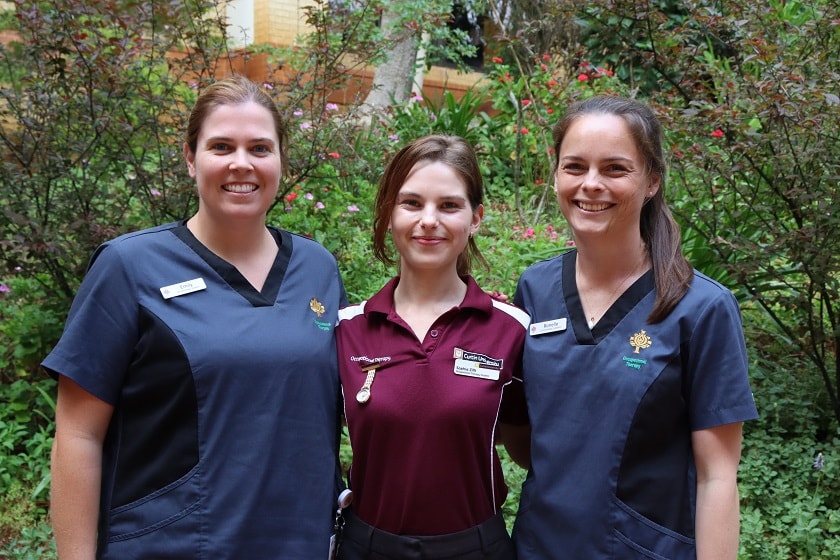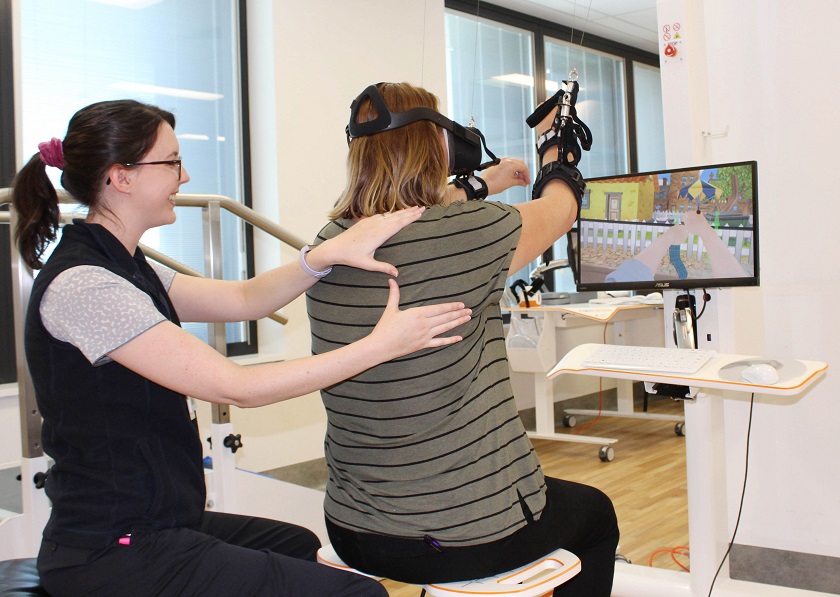The most common joint replacement surgeries we see are hips and knees and as these are central to allowing movement and mobility, surgery can often be life changing for the patient.
Once you have recovered from the surgery, are feeling well and have the appropriate clearance from your doctor it is natural to want to return to the activities you enjoyed before you started experiencing pain or discomfort.
However, there are some precautions to take to ensure your new joint can support you for as long as possible.
We recommend avoiding sports that involve twisting, pulling, running or jerking such as downhill skiing, football and soccer as this can put pressure on the joint.
Low impact sports are a better option that allow you to keep healthy and well without compromising your new joint. This can include walking, swimming, playing bowls or using an elliptical machine or exercise bike.
We also ask patients to be conscious of how they turning corners and encourage them to try to take small steps to avoid pivoting the new joint.
Carrying heavy objects can put additional stress on the joint and as a general rule we suggest avoiding carrying anything over 10 kg.
Likewise, a healthy body mass index (BMI) will ensure you are not putting too much pressure on the joint.
Be sure to discuss any activities you aren’t sure of with your doctor or physiotherapist.
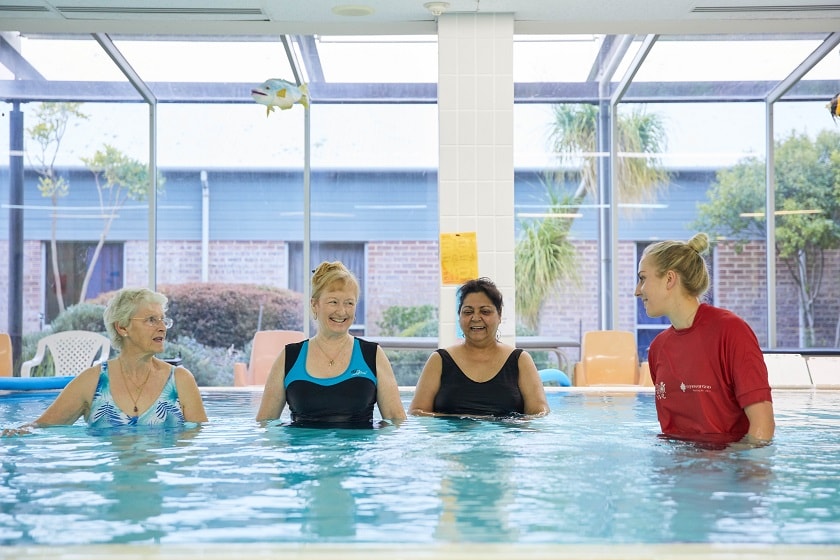
Orthopaedics
Rehabilitation
Most joint replacements will last around 20 years but there are some things you can do to keep your new joint in good working order, as Allied Health Manager and Physiotherapist Toby Vague explains.


